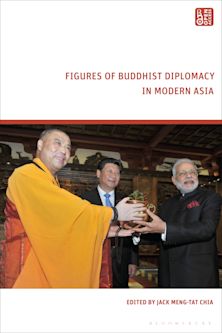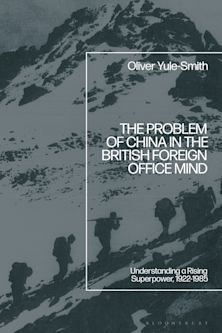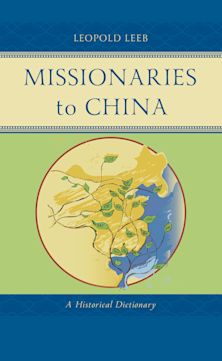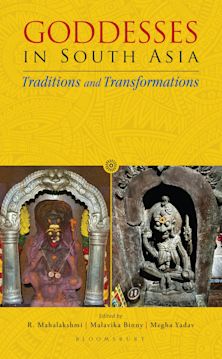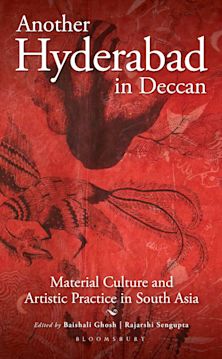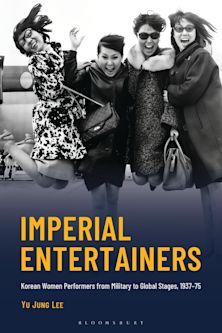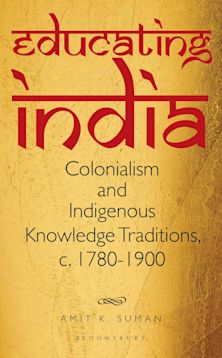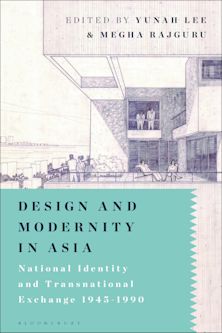- Home
- ACADEMIC
- History
- Asian History
- Eurasia's Shifting Geopolitical Tectonic Plates
Eurasia's Shifting Geopolitical Tectonic Plates
Global Perspective, Local Theaters
Eurasia's Shifting Geopolitical Tectonic Plates
Global Perspective, Local Theaters
You must sign in to add this item to your wishlist. Please sign in or create an account
Description
This anthology of articles, short studies, and interviews by Alexandros Petersen was written over the span of ten years, starting in 2004. Yet they are even more relevant today in their prescient analysis. Petersen insightfully addressed the implications of the West withdrawing its engagement from the Caucasus and Central Asia, the expansion of the Chinese influence, and Russia’s strategic interests.
The collection is organized along four main topics: (1) Eurasia and a changing transatlantic world: the world politics of shifting frontiers in the post-Soviet world; (2) Energy geopolitics in the Caspian and beyond, with its crucial implications for European energy security; (3) the Black Sea world, covering the dynamics of Russia, Turkey, and the South Caucasus, including the role of NATO and frozen conflicts in the region; (4) the new silk roads: China’s inroads in Central Asia, which is often overlooked in the West but will be critical for the geopolitical balance of powers.
Table of Contents
Part I: Eurasia and a Changing Transatlantic World
Chapter 1: The Geopolitical Consequences of Transatlantic Energy Disunity
Chapter 2: Regions in Between: Europe, NATO and the Geopolitics of Shifting Frontiers
Chapter 3: Reimagining Eurasia (with Samuel Charap)
Chapter 4: Getting the EU back into Eurasia (with Raffaello Pantucci)
Part II: Energy Geopolitics: The Caspian and Beyond
Chapter 5: The Final Leg in the Race for Caspian Gas
Chapter 6: The Nabucco Pipeline project is dead
Chapter 7: Alexandros Petersen: Interview on Nabucco
Chapter 8: Turkey's Multivector Energy Hub: Ignore At Your Own Peril
Chapter 9: Integrating Azerbaijan, Georgia, and Turkey with the West: The Case of the East–West Transport Corridor
Chapter 10: Turkey: The Transatlantic Energy Hub
Chapter 11: BTC Security Questions Persist
Chapter 12: Russia’s Energy Bully Takes a Fall
Chapter 13: The Molotov-Ribbentrop Pipeline
Part III: The Black Sea World: South Caucasus, Russia, and Turkey
Chapter 14: Turkey: Abandoning the EU for the SCO (with Raffaello Pantucci)
Chapter 15: Russia’s Eastern Anxieties (with Raffaello Pantucci)
Chapter 16: The 1992–93 Georgia-Abkhazia War: A Forgotten Conflict
Chapter 17: Russia Invaded Georgia to Teach the West a Lesson
Chapter 18: Russia’s Resurgence: Risks and Rewards
Chapter 19: Azerbaijan and Georgia: Playing Russian Roulette with Moscow (with Taleh Ziyadov)
Chapter 20: Security and Western Integration in the Caucasus
Chapter 21: Black Sea Security: The NATO Imperative
Part IV: The New Silk Roads: China’s Inroads in Central Asia
Chapter 22: China's Latest Piece of the New Silk Road
Chapter 23: Central Asia's New Energy Giant: China
Chapter 24: Central Asia's Most Important City Is….Not in Central Asia
Chapter 25: China’s Strategy in Afghanistan
Chapter 26: How the West Is Totally Missing China's Geopolitical Focus
Chapter 27: China’s Inadvertent Empire (with Raffaello Pantucci)
Chapter 28: Russia, China, and the Geopolitics of Energy in Central Asia (with Katinka Barysch)
Chapter 29: Did China Just Win the Caspian Gas War?
Product details
| Published | Jul 18 2017 |
|---|---|
| Format | Ebook (PDF) |
| Edition | 1st |
| Extent | 258 |
| ISBN | 9798216297383 |
| Imprint | Lexington Books |
| Illustrations | 3 Tables |
| Series | Contemporary Central Asia: Societies, Politics, and Cultures |
| Publisher | Bloomsbury Publishing |
About the contributors
Reviews
-
EURASIA’S SHIFTING GEOPOLITICAL TECTONIC PLATES IS A COLLECTION of writings on geopolitics and energy politics in Eurasia by the American academic and writer Alexandros Petersen, who died tragically on 17 January 2014 in a Taliban attack in Kabul. The book, published in the ‘Contemporary Central Asia’ series at Lexington Books, conveys an impression of Petersen’s ability to combine perceptive analysis with empirical insight. Given the paucity of analyses on and lack of Western strategies towards Central Asia in particular, his writings represent a much needed and welcome contribution. Most chapters are very brief and written with a journalistic flair. Petersen’s explicit aim was to provide succinct policy analyses rather than lengthy academic treatises. The brevity of the chapters should therefore not come as a surprise, as this is a collection to celebrate his scholarship as a prolific writer and passionate traveller rather than a sustained book-length analysis of geopolitics in Eurasia.
Europe-Asia Studies
-
This collection of articles, essays, and interviews provides important insight into a part of the world that has been often misunderstood, with global consequences. Alexandros Petersen was a young scholar with knowledge and wisdom beyond his years. We are fortunate to have this body of work to inform us and to help shape future policy.
Minouche Shafik, director of London School of Economics and author of What We Owe Each Other: A New Social Contract
-
This is a wonderful collection of writings on energy geopolitics and Eurasia by a remarkably talented and well-traveled observer. Alexandros Petersen brought passion and keen insight to issues that demand far more attention from Western policymakers.
Theo Farrell, University of London
-
Alexandros Petersen was well on his way to being one of the leading scholars of twenty-first century international relations, not just as an academic but as someone who engaged with the world around him. He had that essential mix of drive, intelligence, and compassion that made him not only an impressive scholar but also a genuine friend. This volume is a fitting tribute to him, his scholarship, and his ideas.
Michael Sulmeyer, Harvard University
-
Alexandros Petersen understood the good things that could result when the United States is constructively engaged in the world, especially in seemingly distant lands. His work helped build the case for US interests in places many Americans would consider distant lands. He presented eloquently the negative consequences that result when the United States disengages, ceding influence to those who neither share our values nor our interests. Today more than ever we should heed his cautions and follow his advice on how to shape a better world by building stronger partnerships.
Damon Wilson, Atlantic Council
-
Alexandros Petersen was a truly original thinker, and a truly unique person. This volume captures the breadth of his interest and expertise and serves as a poignant reminder of a life cut tragically short.
Samuel Charap, International Institute for Strategic Studies












